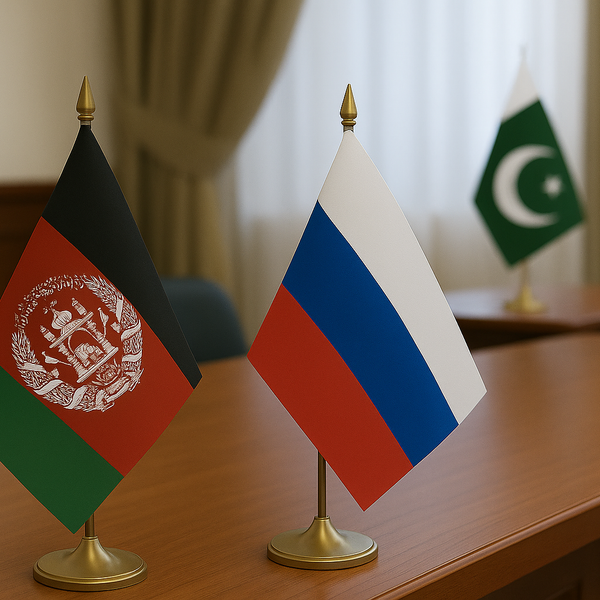Bangladesh to seek extradition of ousted leader from India
Sheikh Hasina has not been seen in public since fleeing Bangladesh, and her last official whereabouts is a military airbase near New Delhi
AFP
News Agency Partner
AFP is a renowned international news agency, delivering comprehensive and reliable reporting on global events, trends, and issues.

Sheikh Hasina gestures while speaking to the media, a day after she won the 12th parliamentary elections, in Dhaka on January 8, 2024
AFP
Bangladesh's war crimes tribunal is to seek the extradition of ousted leader Sheikh Hasina from neighbouring India, its chief prosecutor has said, accusing her of carrying out "massacres".
Weeks of student-led demonstrations in Bangladesh escalated into mass protests last month, with Hasina quitting as prime minister and fleeing by helicopter to old ally India on August 5, ending her iron-fisted 15-year rule.
"As the main perpetrator has fled the country, we will start the legal procedure to bring her back," Mohammad Tajul Islam, chief prosecutor of Bangladesh's International Crimes Tribunal (ICT), told reporters on Sunday.
The ICT was set up by Hasina in 2010 to probe atrocities during the 1971 independence war from Pakistan.
Hasina's government was accused of widespread human rights abuses, including the mass detention and extrajudicial killing of her political opponents.
"Bangladesh has a criminal extradition treaty with India which was signed in 2013, while Sheikh Hasina's government was in power," Islam added.
"As she has been made the main accused of the massacres in Bangladesh, we will try to legally bring her back to Bangladesh to face trial".

Hasina, 76, has not been seen in public since fleeing Bangladesh, and her last official whereabouts is a military airbase near India's capital New Delhi. Her presence in India has infuriated Bangladesh.
Dhaka has revoked her diplomatic passport, and the countries have a bilateral extradition treaty which would permit her to return to face criminal trial.
A clause in the treaty, however, says extradition might be refused if the offence is of a "political character".
Also read: Ousted Bangladeshi leader becomes diplomatic headache for India
Interim leader Muhammad Yunus, a Nobel Peace Prize winner who took over after the uprising, last week said Hasina should "keep quiet" while exiled in India until she is brought home for trial.
"If India wants to keep her until the time Bangladesh wants her back, the condition would be that she has to keep quiet," Yunus, 84, told the Press Trust of India news agency.

His government has been under public pressure to demand her extradition and trial over the hundreds of demonstrators killed during the weeks of unrest that ultimately toppled her.
More than 600 people were killed in the weeks leading up to Hasina's ouster, according to a preliminary United Nations report, suggesting the toll was "likely an underestimate".
Bangladesh last month opened an investigation led by a retired high court judge into hundreds of enforced disappearances by security forces during Hasina's rule.










Comments
See what people are discussing